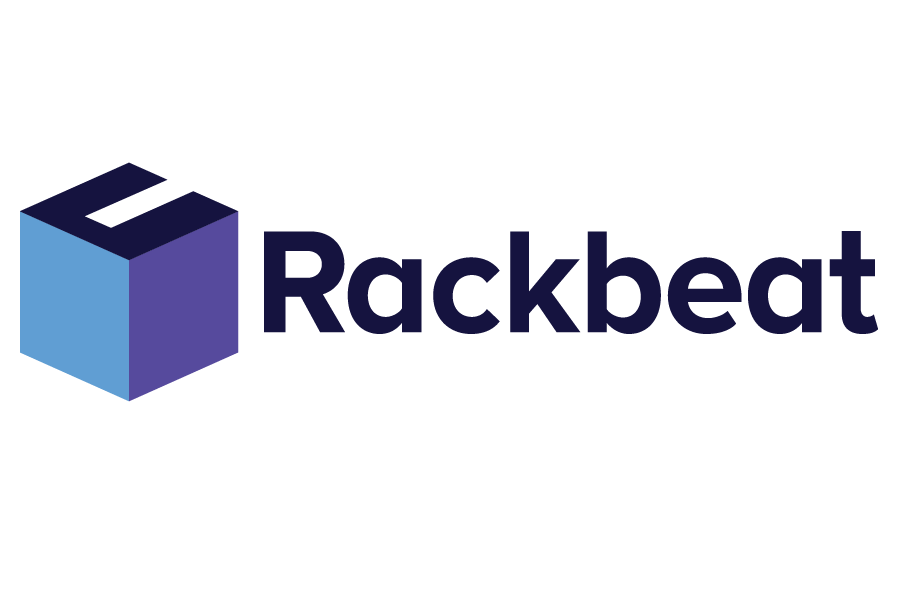Overcapacity
Overcapacity occurs when a company's production capacity exceeds market demand. This means that more goods are produced than can be sold, leading to inefficiency, increased costs, and potential profit loss. This can result from errors in demand forecasting, sudden market changes, or inefficient inventory management.
Rackbeat September 6, 2024
Consequences of Overcapacity
Overcapacity can have several negative consequences for a company. First and foremost, it can lead to increased storage costs, as excess goods need to be stored, tying up capital and space. Additionally, overcapacity can result in obsolete goods, especially if products have a short shelf life or are quickly replaced by new versions.
Another consequence is that it can drive prices down if the company tries to sell off the excess inventory quickly to free up warehouse space. This can damage the company’s profit margins and distort the market. In the long term, persistent overcapacity can harm the company’s reputation and lead to customer loss, as it may be seen as a sign of poor planning and inefficient operations.
Manufacturing companies often face overcapacity in their warehouses, and it can also lead to underutilization of production equipment and personnel. This can result in lower productivity and higher production costs per unit, further exacerbating the company’s financial situation.
Preventing and Managing Overcapacity
To avoid and manage overcapacity, it is crucial for companies to have efficient inventory management systems and accurate demand forecasts. Implementing just-in-time (JIT) production methods can help companies minimize inventory and align the production management closely with demand.
Using data analysis and advanced forecasting tools can help predict market movements and adjust production plans accordingly. Additionally, flexible production lines and the ability to quickly scale production up or down can provide companies with a competitive advantage by reducing the risk of overcapacity.
In cases of existing overcapacity, companies might consider diversifying their product offerings, finding new markets, or utilizing excess capacity to produce other goods or services. Effective management of overcapacity requires a strategic approach that balances production efficiency and market demand.
Rackbeat and Preventing Overcapacity
With Rackbeat, you have a real-time overview of your inventory and current stock values. The system also allows you to receive reorder reminders, helping you avoid overordering or underordering. Rackbeat’s sales and purchasing reports assist in predicting demand and adjusting the purchasing management and production plans accordingly, which can help prevent overcapacity. This combination of features ensures that your inventory management is both proactive and responsive, minimizing the risk of unnecessary costs.



